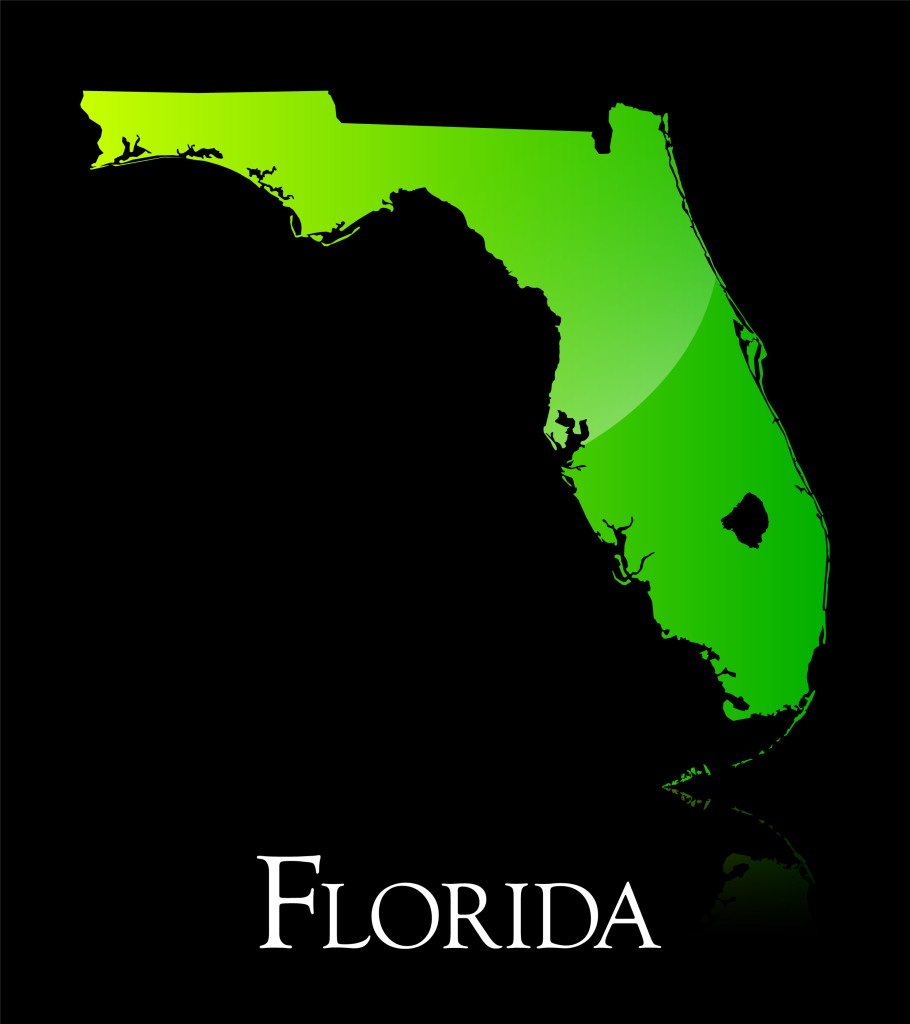FLORIDA ALTERNATIVE DISPUTE RESOLUTION: ARBITRATION AND MEDIATION
A civil lawsuit is ultimately decided by a judge or jury, whether the lawsuit takes place in a Florida state court or a federal court. However, there are alternative ways to resolve a civil dispute, which are known as arbitration and mediation. Arbitration and mediation, however, are different procedures with different objectives.
Arbitration is a private procedure where, instead of a judge or jury deciding the outcome, the decision rests in the hands of one or more (generally up to three) arbitrators who listen to all the evidence in a case, make evidentiary rulings on evidence as it is presented to them, and render a final and binding decision. That decision is generally non-appealable, except on very isolated grounds. While arbitration is a private proceeding, it is, nevertheless, a very formal proceeding where live testimony is taken from witnesses, sophisticated legal arguments are presented and rulings on legal issues are made, and a final, binding decision is made by the arbitrators. If there are three (3) arbitrators, the decision of the majority of them decides the outcome of the case. Parties are only required to arbitrate their dispute if they have entered into a binding arbitration agreement before their dispute arose. The types of cases that are typically arbitrated are contractual disputes where the contract provides that the parties will arbitrate their dispute if a dispute arises between the parties.
Some of the more commonly known arbitration forums are the American Arbitration Association (“AAA”), or the Financial Industry Regulatory Authority, Inc. (“FINRA”). FINRA is a private corporation that acts as a self-regulatory organization. FINRA is the successor to the National Association of Securities Dealers, Inc. (“NASD”). Though sometimes mistaken for a government agency, it is a non-governmental organization that performs financial regulation of member brokerage firms and exchange markets. It is also an arbitration forum which hosts and decides disputes between customers of brokerage firms and other financial professionals, and those firms and financial professionals.
FINRA operates the largest arbitration forum in the United States for the resolution of disputes between customers and member firms, as well as between brokerage firm employees and their firms. Virtually all agreements between investors and their stockbrokers include mandatory arbitration agreements, whereby investors (and the brokerage firms) waive their right to trial in a court of law. Although the fairness of such mandatory arbitration clauses has been called into question, U.S. courts have often found them to be lawful and have generally upheld both the enforceability and result of these arbitrations.
For disputes over $100,000 between customers and member firms, the panel that decides the case generally consists of three arbitrators: one industry (or, at the customer’s timely discretion non-industry) panelist, one non-industry panelist, and one non-industry chairperson, according to the Code of Arbitration Procedure for Customer Disputes. For disputes between an employee and member firms, all three arbitrators are industry panelists, according to the industry code. For a given case, the two sides are provided separate lists by FINRA of ten local arbitrators for each category from which each party can strike up to four arbitrators and provide a ranking for the rest. Also provided are ten-year biographies and prior award histories for each arbitrator. FINRA will then provide the parties with the panel members by selecting the highest ranked available arbitrator from each category.
Arbitration has traditionally been argued to be a less costly and swifter alternative to state or federal court litigation. However, increasingly the reality of arbitration has emerged and arbitration, particularly securities arbitration, has evolved into a very costly, complicated and sophisticated adversarial proceeding. The same is true for arbitration proceedings before the AAA, where the arbitration filing fees, forum costs, and hearing session deposits usually are more expensive than similar costs found in federal and state courts by a factor of 10:1.
Mediation is vastly different from arbitration in that it is designed to encourage the parties to settle their dispute in a private setting before a mutually agreed or court-appointed mediator, who listens to each side (through their lawyers) make a brief presentation of their case (without live testimony and without any of the formalities of a court proceeding), and then acts as a mediator or “go-between” who receives settlement instructions from each side privately and confidentially, and uses his or her mediation talents and skills to persuade each side to bridge-the-gap between their respective initial settlement demands with the goal of bringing the parties closer and closer to, and ultimately, a resolution of their dispute. Mediation is an informal process which takes place in a relaxed environment. Compared with the costs of a trial or an arbitration proceeding, a mediation conference is generally inexpensive because each side shares the costs of the mediator’s fees, and customarily a mediation conference does not last more than one (1) full day. During a mediation conference, all statements and settlement discussions exchanged between the parties and the mediator are confidential and inadmissible during court proceedings if the case is not settled during the mediation conference.
Under prevailing procedures in Florida state and federal courts, all parties are required to have completed mediation prior to the final hearing or trial. Every judge routinely requires the parties to attend a mediation conference prior to trial, and many times, prior to a major pre-trial hearing. The parties are not required to reach a settlement during mediation, but the law does require that the parties attend a mediation conference in good faith.
Our lawyers are highly experienced in arbitrations and mediations, and are able to handle any arbitration or mediation conducted in the state of Florida, in any arbitration forum.


